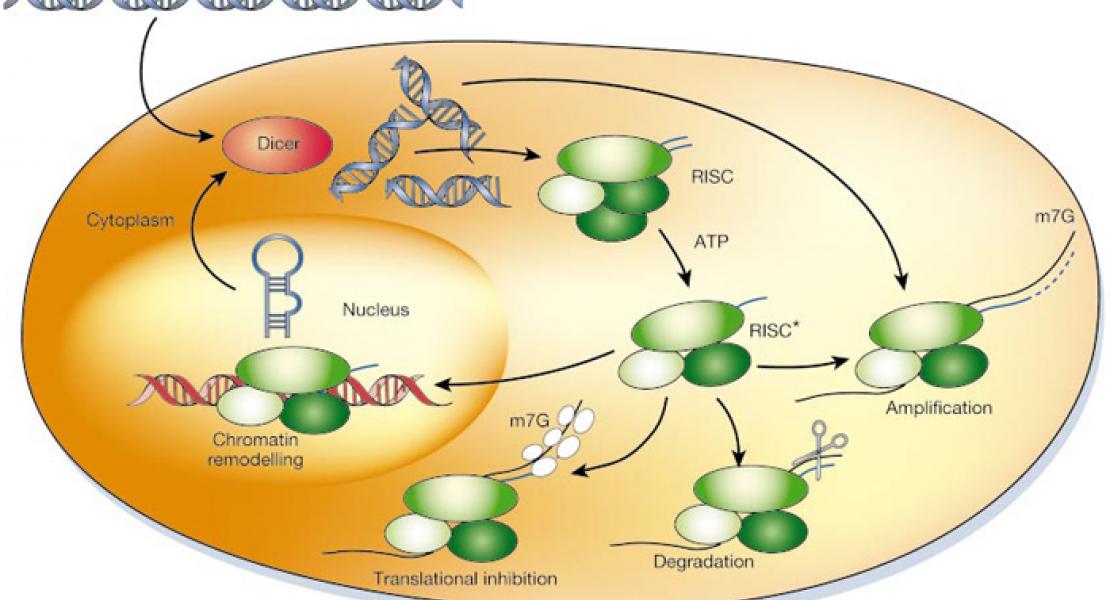MicroRNA destabilization enables dynamic regulation of the miR-16 family in response to cell-cycle changes

Abstract
The miR-16 family, which targets genes important for the G1-S transition, is a known modulator of the cell cycle, and members of this family are often deleted or down-regulated in many types of cancers. Here we report the reciprocal relationship—that of the cell cycle controlling the miR-16 family. Levels of this family increase rapidly as cells are arrested in G0. Conversely, as cells are released from G0 arrest, levels of the miR-16 family rapidly decrease. Such rapid changes are made possible by the unusual instabilities of several family members. The repression mediated by the miR-16 family is sensitive to these cell cycle changes, which suggests that the rapid upregulation of the miR-16 family reinforces cell cycle arrest in G0. Upon cell cycle re-entry, the rapid decay of several members allows levels of the family to decrease, alleviating repression of target genes and allowing proper resumption of the cell cycle.
